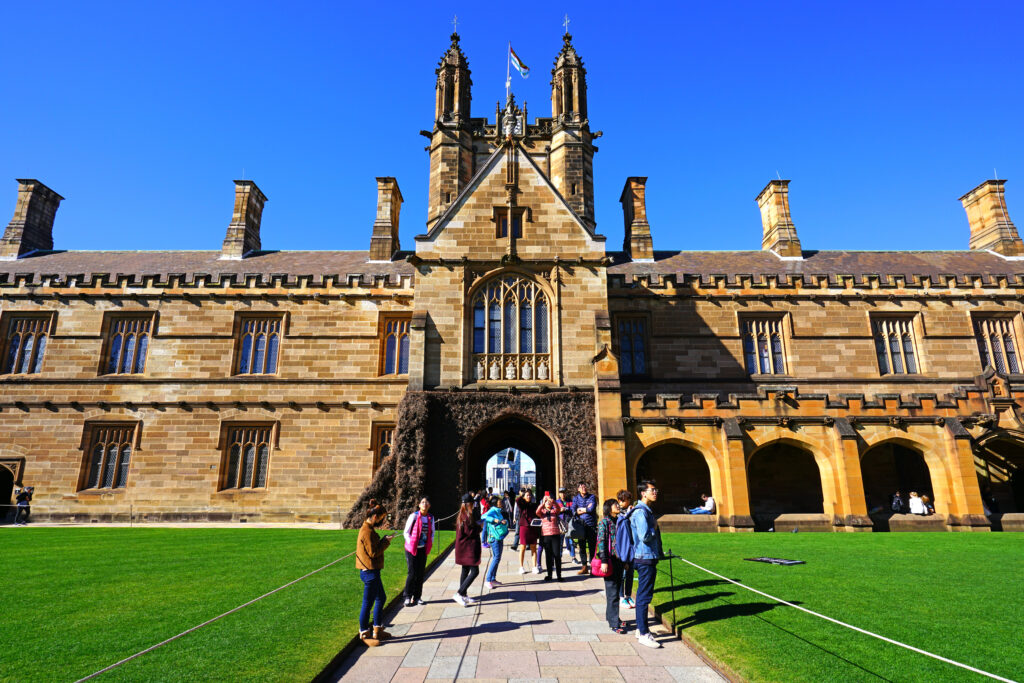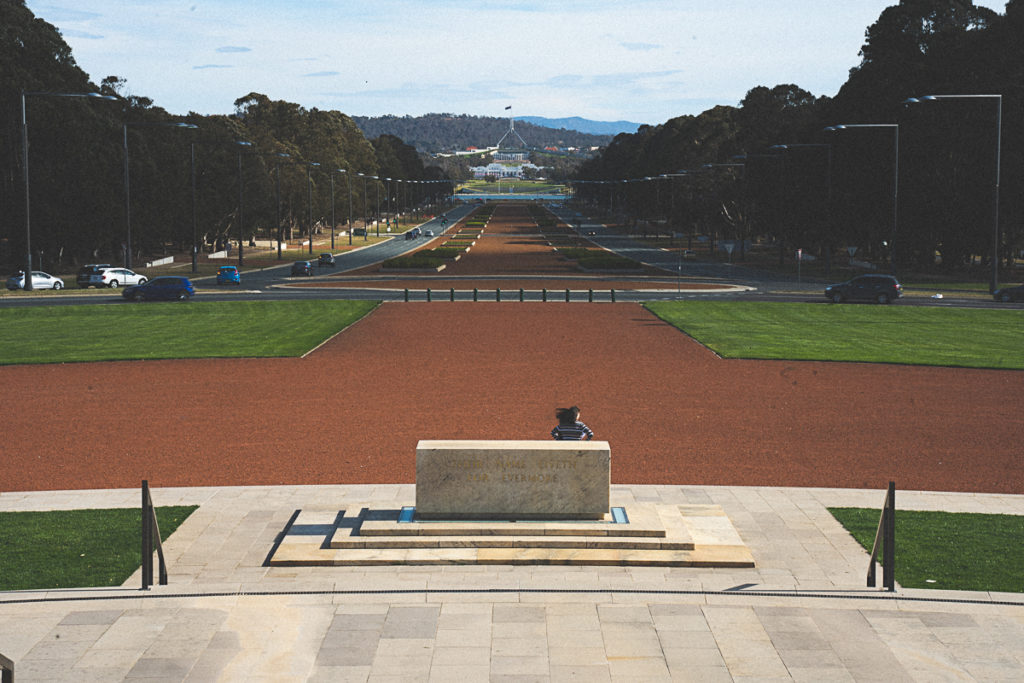In September 2016, the QS World University Rankings were released.
Six Australian Universities made the list including:
Australian National University (no. 22)
University of Melbourne (no. 42)
University of Sydney (no. 46)
University of NSW (no. 49)
University of Queensland (no. 51)
Monash University (no. 65)
The QS listing is just one of many ‘rankings systems’ that have academics, universities, students and potential students holding their breath.
And whether you’re choosing where to study for the first time, transferring, or thinking about postgrad, no doubt, you’ve had a serious look at some of the most well-known rankings yourself.
Perhaps you’ve tried: The Shanghai Ranking (ARWU), US News Rankings, The Times Higher Education Rankings, or Australian specific rankings like 5 Star rankings or the ERA (Excellence in Research for Australia) rankings?
And really, how else are you supposed to tell what’s right for you?
Well, when trying to find the course that’s right for you, there are other equally important factors, that every potential student has to consider.
Location
It’s not just the campus that counts but what surrounds it.
For starters, long (and possibly expensive) commutes to and from school will have a big impact on your lifestyle and free time.
How close is the campus to convenient, affordable housing? Will you drive or take public transport? Is the campus close to train and bus stations? Potential students have to weigh up the campus location, accommodation, and transport options all together.
On a bigger scale, take a step back and consider the city itself. Find out what the weather’s like, and if the social and cultural scene will satisfy you.
While you’re studying, you also might want to make visits home to see your family, in which case, the travel time and cost of a fare back home become very important factors.
Last, but not least, investigate the job opportunities in that city. Are there internship and employment opportunities for people with your specialization in the area? The last thing you want to do is settle into a city, and then find that your industry’s ‘hub’ is located somewhere else.
Diversity
One of the best things about higher education is being exposed to new ideas and perspectives, which is what makes multicultural campuses so exciting. Diverse institutions are also some of the most innovative and forward thinking (as well as offering great international networking opportunities).
In an increasingly globalised world, diversity is always a plus. But for international students, it can also be important to get the balance right.
Some international students find attending a school that has a large cohort of students from their home country to be very supporting. On the other hand, some international students are looking for somewhere that has low numbers of people from their home country, and high numbers of students from other parts of the world, so that they can be sure they’ll be forced out of their comfort zone.
Either way, make sure you check out this Diversity Index that lets you compare levels of international diversity at Australian, UK and NZ institutions.
Dropout rates
An institution’s ‘attrition rate’ (the number of people who drop out) is one of the best measures of student satisfaction there is.
In Australia, attrition rates are measured by the federal Department of Education. You can find the dropout rates (for domestic and overseas students) of different Australian institutions at their website.
Student Services
This is an aspect of universities that usually remains hidden to students until they’ve already begun their course.
Student services are the people you’ll have to deal with if you have an issue with enrollment, paying fees, course planning, health, welfare or basically anything important. You may not be thinking about these things now, but when you do, you’ll want your university’s student services to be easy to navigate, prompt and understanding.
You’ll also want them to have excellent services for international students because your needs will be slightly different from those of the domestic students.
Test out student services yourself before you settle on a university. Go and take a look at their websites – is it easy to find the different kinds of information you need? Do they have a specific section for international students and how useful is the information there? Do the websites seem up to date?
Ask yourself what kinds of services you’re likely to need – do you have a disability or health condition? Or are you likely to need financial assistance? Think of a question you’d like to ask student services and then actually call the university or send them an email to test the speed and quality of their response.
Campus Culture
What’s it actually like?
Campus culture is going to be one of the biggest contributing factors to your university experience – it’s also one of the hardest things to research.
Is it a really social campus? Does it celebrate multiculturalism? What kinds of clubs and societies can you join? Is there a strong sporting culture? What different kinds of people will you meet?
To answer these questions, there’s nothing wrong with reading up on the university’s own websites and publications to find out what they say about themselves – but you should also search alternative channels.
Try looking at; student-run magazines, papers and radio, alumni networks, student union websites or social media. Hearing from real current and past students will give you a much better picture of what it’s really like to study there.
Flexibility
Class and course flexibility are especially important to international students.
This isn’t just a matter of being able to choose some interesting electives if you want to, but also the timing and accessibility of classes
Many students work part-time, some may even need to take an unexpected break from school or repeat a class. It’s important to read over the available course outlines carefully and draw up an imaginary plan of the next few years. Are the class selections very rigid and does that bother you? Will you be able to finish within your time and budget constraints? What are the expectations for attendance and can you make it?
Check to see if an institution offers night, weekend or online classes. They may even offer a third semester for students wanting to knock some units off over the summer. You should also try to find out if they offer online lecture recordings for your classes.
Things rarely always go exactly as planned, so make sure you research the degree’s inbuilt flexibility before you sign up for anything!
We hope this helps you narrow down your options – good luck choosing your new school!





